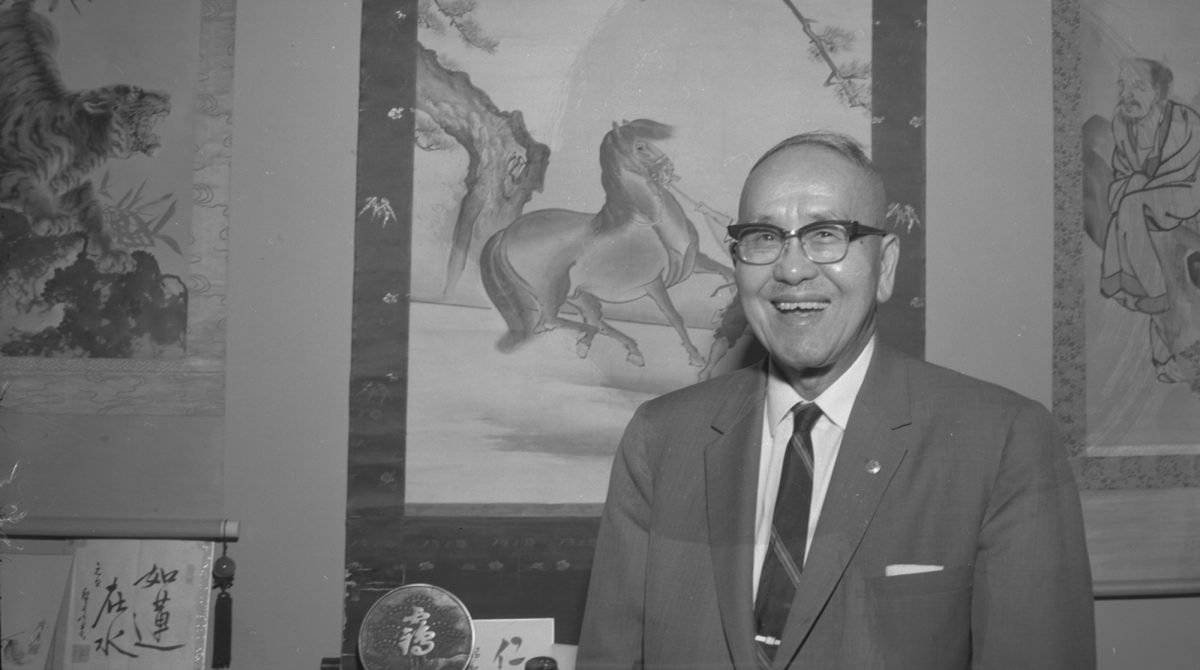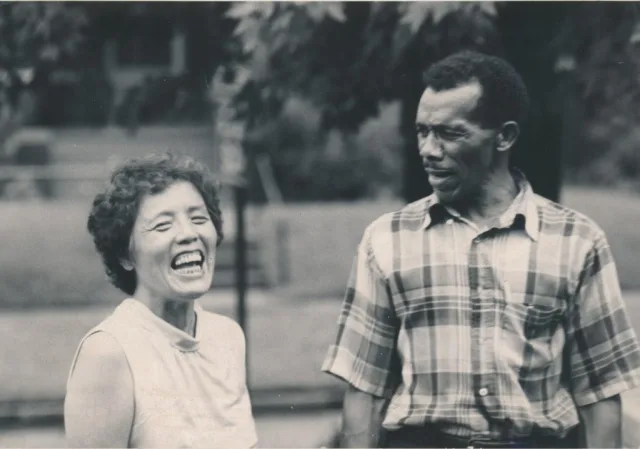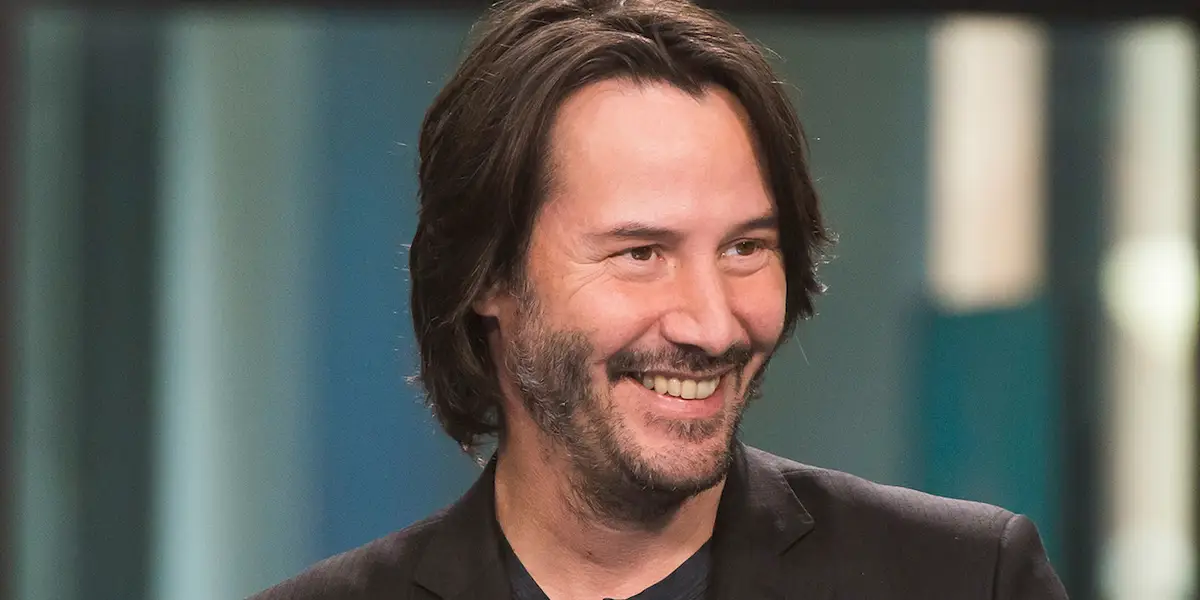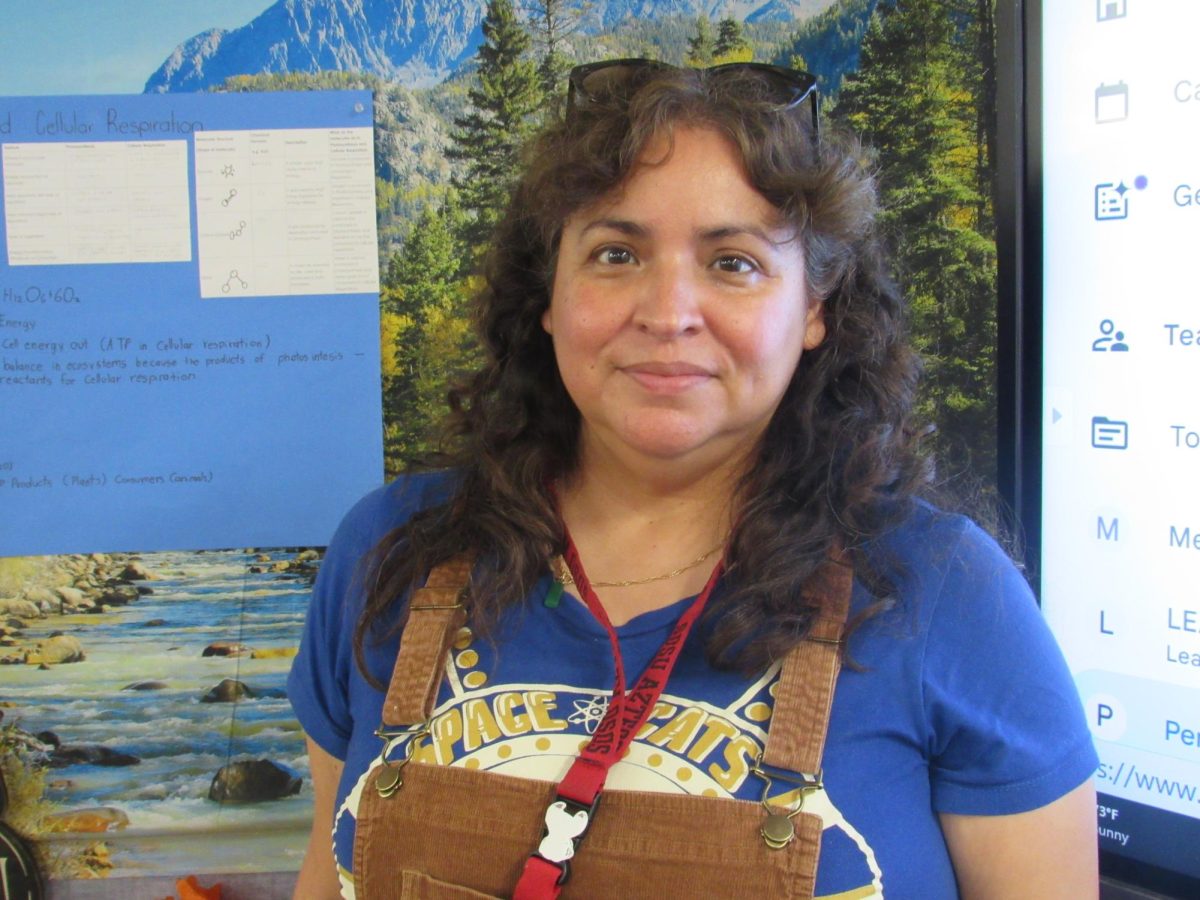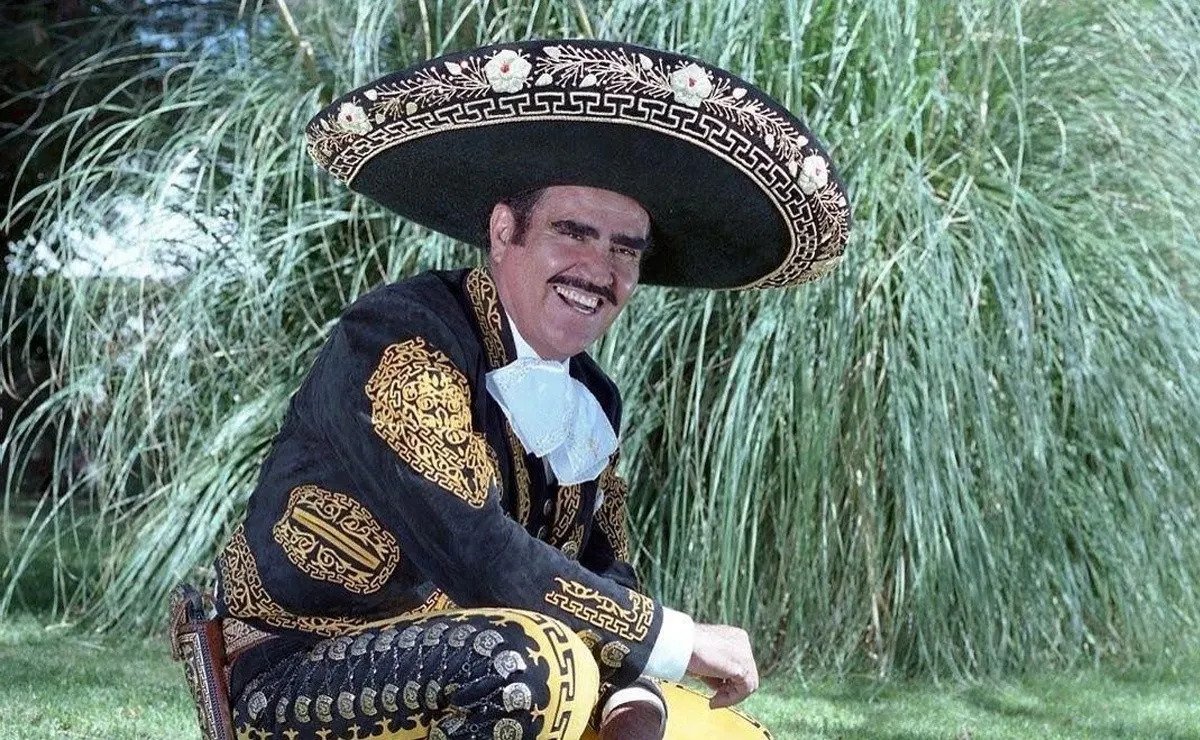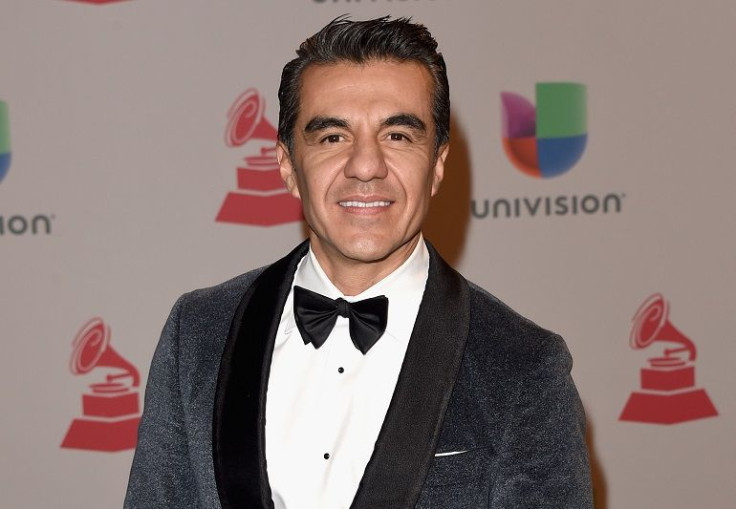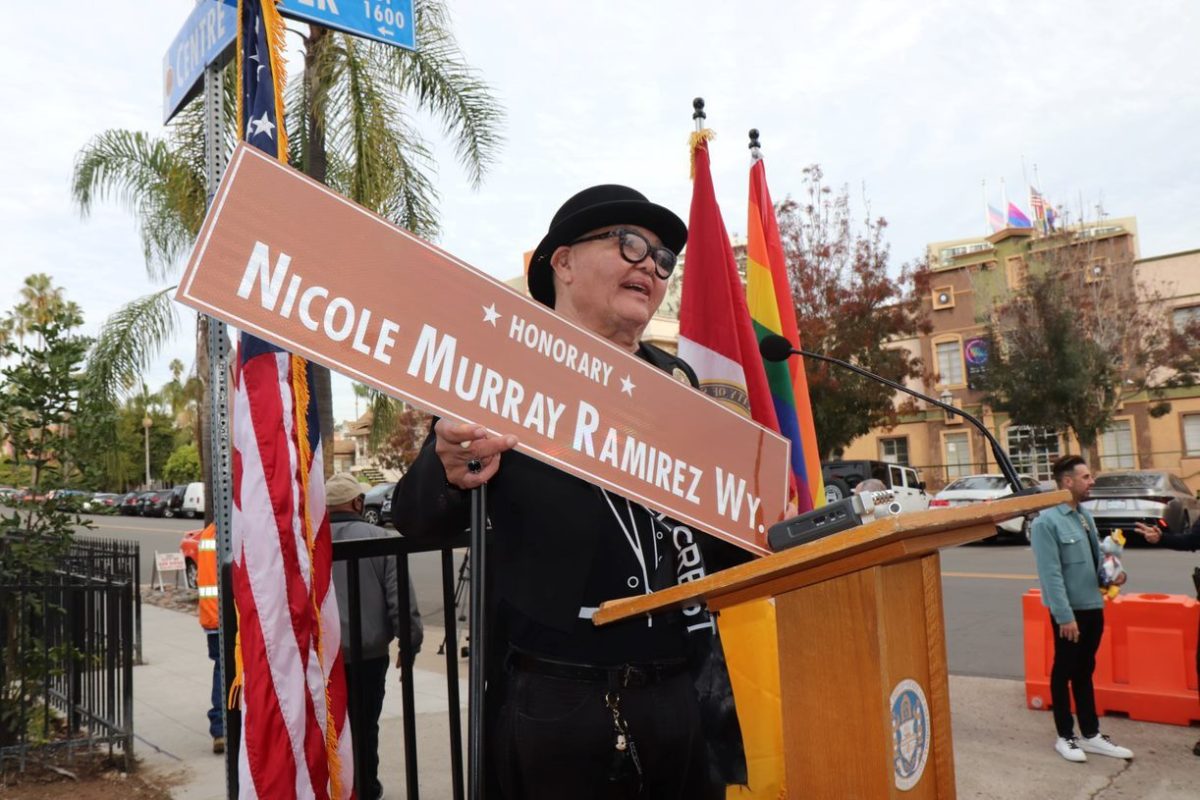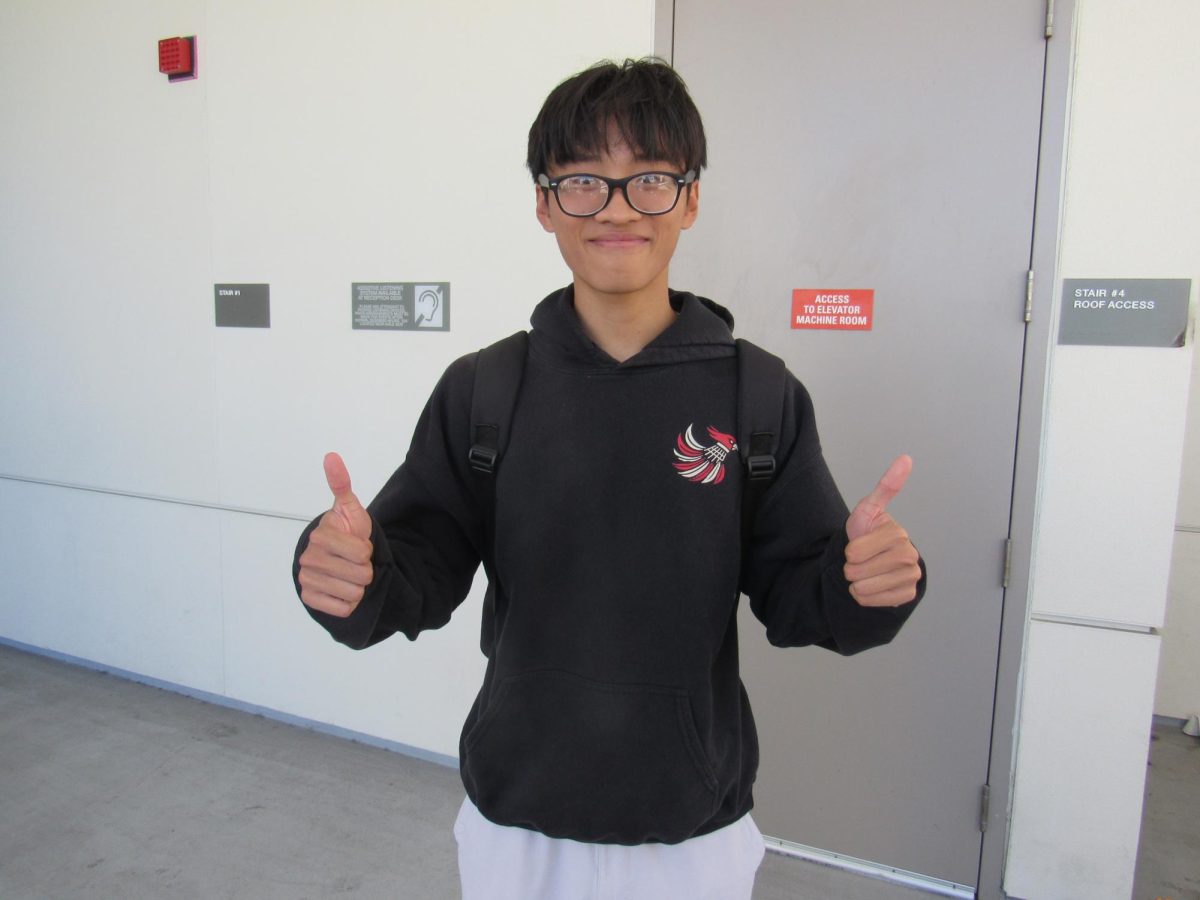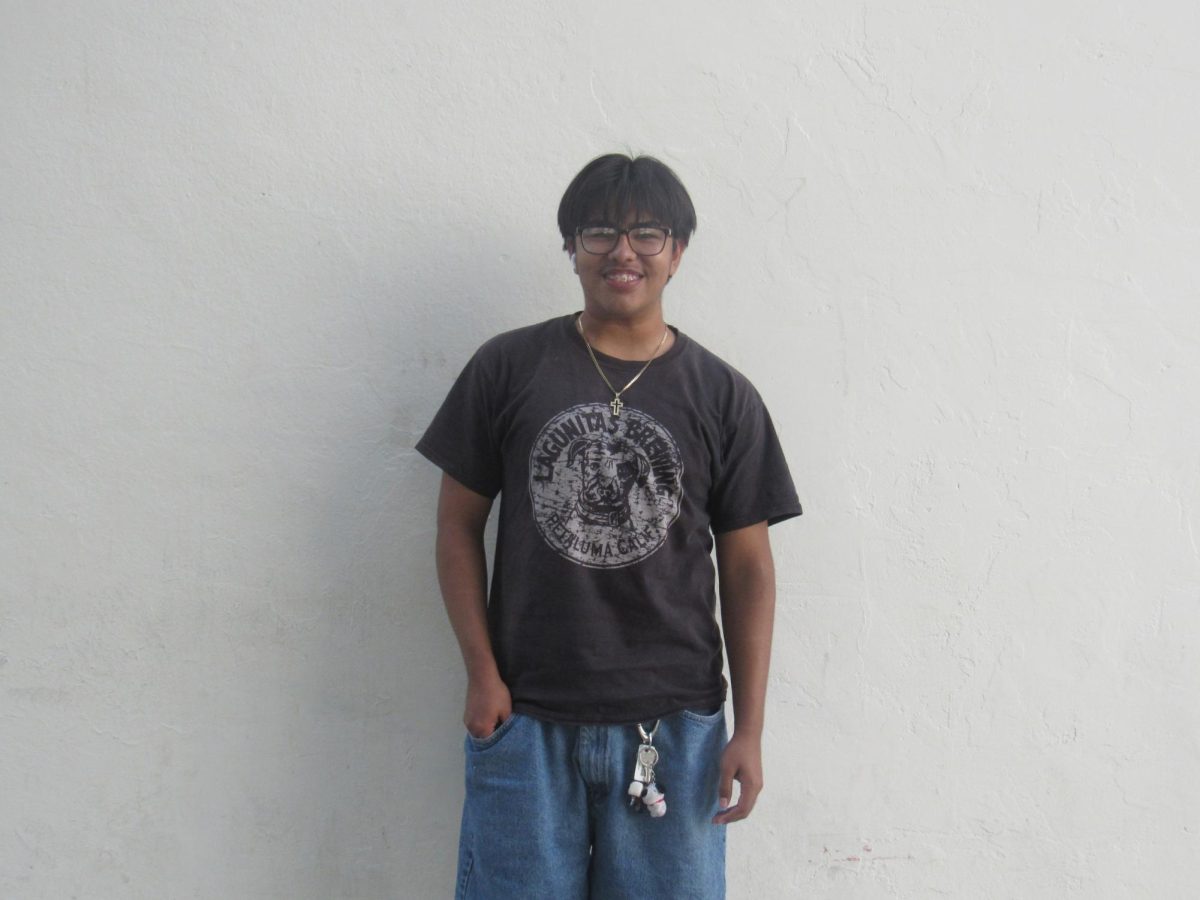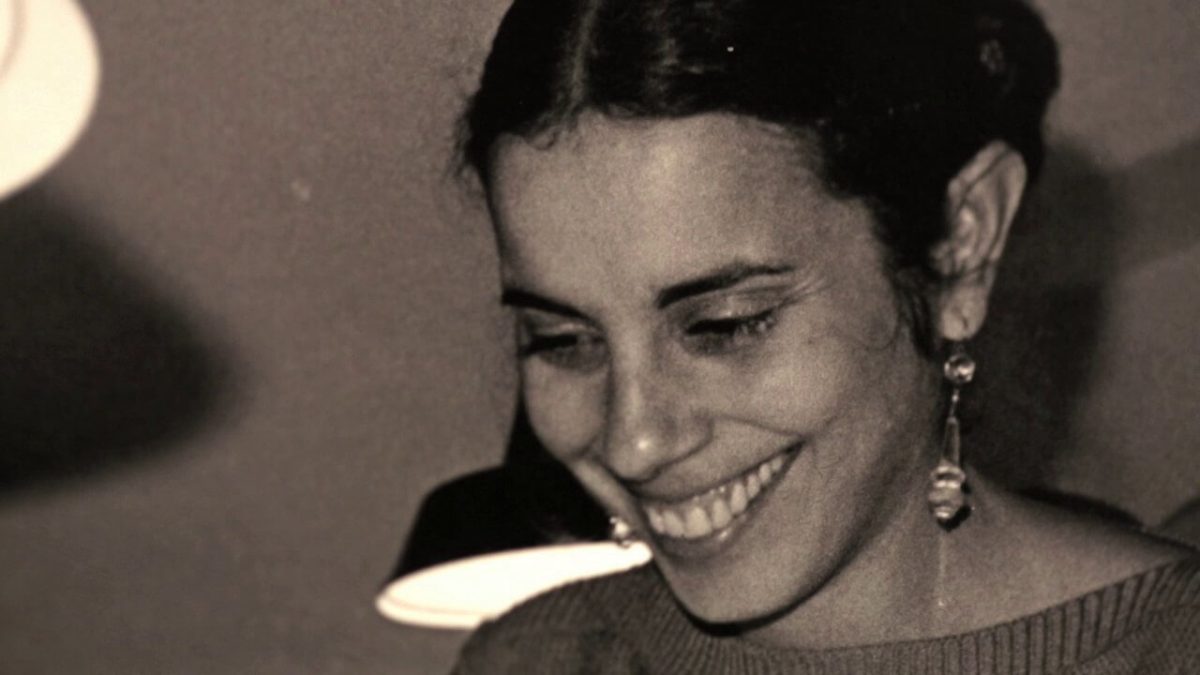Harry Sotaro Kawabe was born on June 10, 1890, in a small rural village near Osaka, Japan but immigrated to the United States and then lived in Seattle. He worked as a houseboy in Seattle. Kawabe wanted to be successful so he tried gold mining. He wanted to find a lot of gold to become rich. When he didn’t find gold, he didn’t give up. Instead of it bringing him down it motivated him to work harder which led him to start his laundry business in Alaska. Kawabe didn’t just do laundry, he also put his money into the Bank of Seward and the Seward Hardware Company that made him a big property owner in town. Since he was a good person to others and showed genuine care, people in Seward really respected him because he was a hardworking and caring business person. His wife and he also raised and helped educate a lot of children in Seward which was another reason why people liked him. Harry’s story shows that by putting your part in anything you want to achieve it is possible and can become a huge part of your life. Since he was able to succeed he gave back to his community by helping others who needed support. In 1953, after the McCarran-Walter Act removed restrictions that had barred Asian immigrants from naturalization since 1924, Harry was allowed to obtain U.S. citizenship. In 1978, the Kawabe Scholarship, given to Seward High School students, was created in his honor. Harry died in November 1969
Harry Sotaro Kawabe
In honor of Asian American and Pacific Islander Heritage Month, every school day The Cardinal will feature a prominent and historical Asian American or Pacific Islander, living or dead, who has worked toward change, advancement, and/or world peace. Some of them are heroes, and some are unsung heroes, who deserve recognition, and have made a contribution to society.
Dhalia Arriaga, Staff Writer
May 22, 2024
More to Discover
About the Contributor
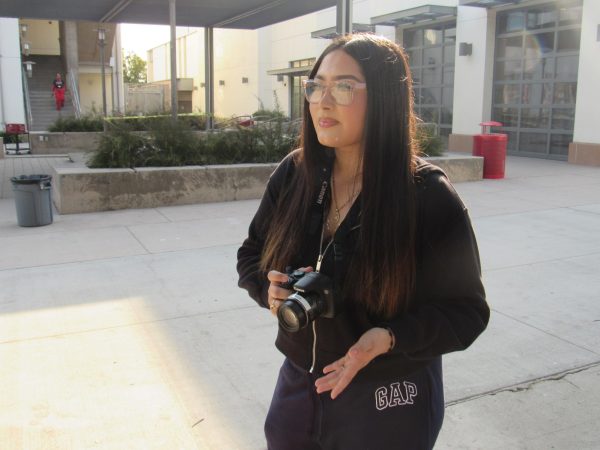
Dhalia Arriaga, Staff Writer
Dhalia Arriaga is a senior in Hoover High. Dhalia’s biggest dream has always been to make her parents proud. She wants to make her parents proud because she knows that her parents sacrificed so much for her and her sisters. After high school, she plans on attending a four year college and going into the medical field to become a neonatal nurse. To change the world Dhalia would advocate for easier access to health care because she knows that it can be hard for many people to get help without having the money. She also thinks that society can improve health care by ensuring people have affordable access to medical care.

